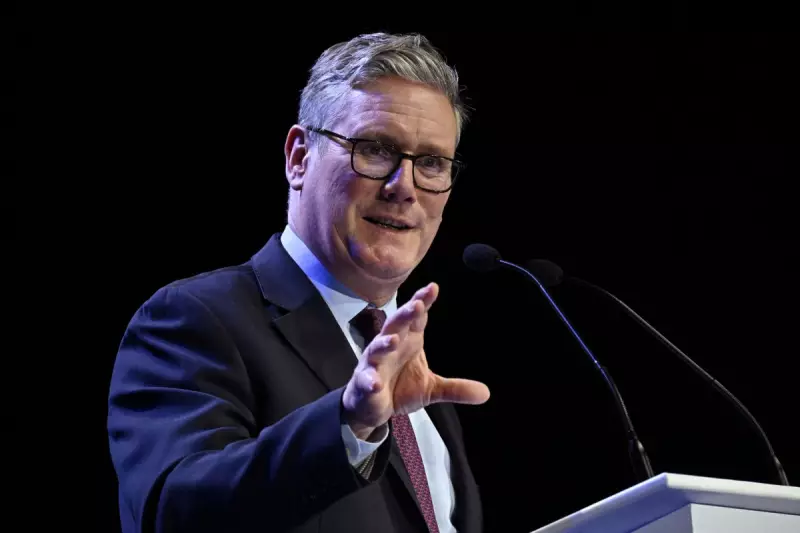
Chancellor Rachel Reeves faces overwhelming public pressure to prioritise spending reductions over tax increases in this week's crucial Budget, according to explosive new polling data that reveals deep dissatisfaction with Labour's economic leadership.
Public Rejects Tax Hike Approach
More than two-thirds of British voters want the government to cut public spending rather than raise taxes on working people, the survey from More in Common shows. The data indicates that 67% of the population favours expenditure reductions as the primary method to address the country's financial challenges.
The preference for spending cuts crosses political boundaries, with Conservative voters showing the strongest support at 75%, while Reform UK backers follow closely at 82%. Among Liberal Democrat supporters, 61% prefer cuts to tax increases, and even Labour voters lean toward spending reductions by a margin of 56% to 44%.
Leadership Approval Plummets to Historic Lows
The polling delivers devastating news for Prime Minister Keir Starmer, with 68% of Britons believing he is doing a bad job compared to just 17% who approve of his performance. This gives Sir Keir a net approval rating of -51, ranking among the worst in recent political history.
Chancellor Rachel Reeves faces even starker numbers, with her approval rating sinking to -52 just days before she delivers what many consider a make-or-break Budget statement. This represents the lowest score More in Common has recorded for her since tracking began.
The public appears to harbour significant doubts about Labour's economic management, with 68% believing former Conservative Prime Minister Rishi Sunak would have performed better in handling the Treasury. Similarly, 65% think former chancellor Jeremy Hunt would have outperformed his Labour successor.
Budget Challenges Mount as Forecasts Worsen
The scale of the challenge confronting Ms Reeves became even more apparent with reports that the Office for Budget Responsibility has downgraded its economic forecast for 2026 and subsequent years leading to the next scheduled election in 2029.
This economic downgrade, which will reduce anticipated tax revenues, is expected to force the Chancellor to implement tax increases to balance the nation's books. She must also establish a larger financial buffer against future economic shocks than the historically low level of headroom previously maintained.
Business leaders have issued stark warnings against what they term "death by a thousand taxes" on companies. Rain Newton-Smith, head of the Confederation of British Industry, urged the Chancellor to "change course" and avoid burdening businesses with additional costs as she attempts to balance the Budget.
Speaking at the CBI's annual conference in Westminster, Ms Newton-Smith challenged Ms Reeves to demonstrate commitment to economic growth by making difficult decisions, including potential welfare spending reductions. "Prove it – against opposition, against short-term politics, be it on welfare, be it pension increases, show the markets you mean business," she declared.
The business leader emphasised that "short-term politics leads to a long-term decline" and advocated for "one or two broad tax rises, rather than death by a thousand taxes" as the government prepares its Wednesday Budget announcement.





